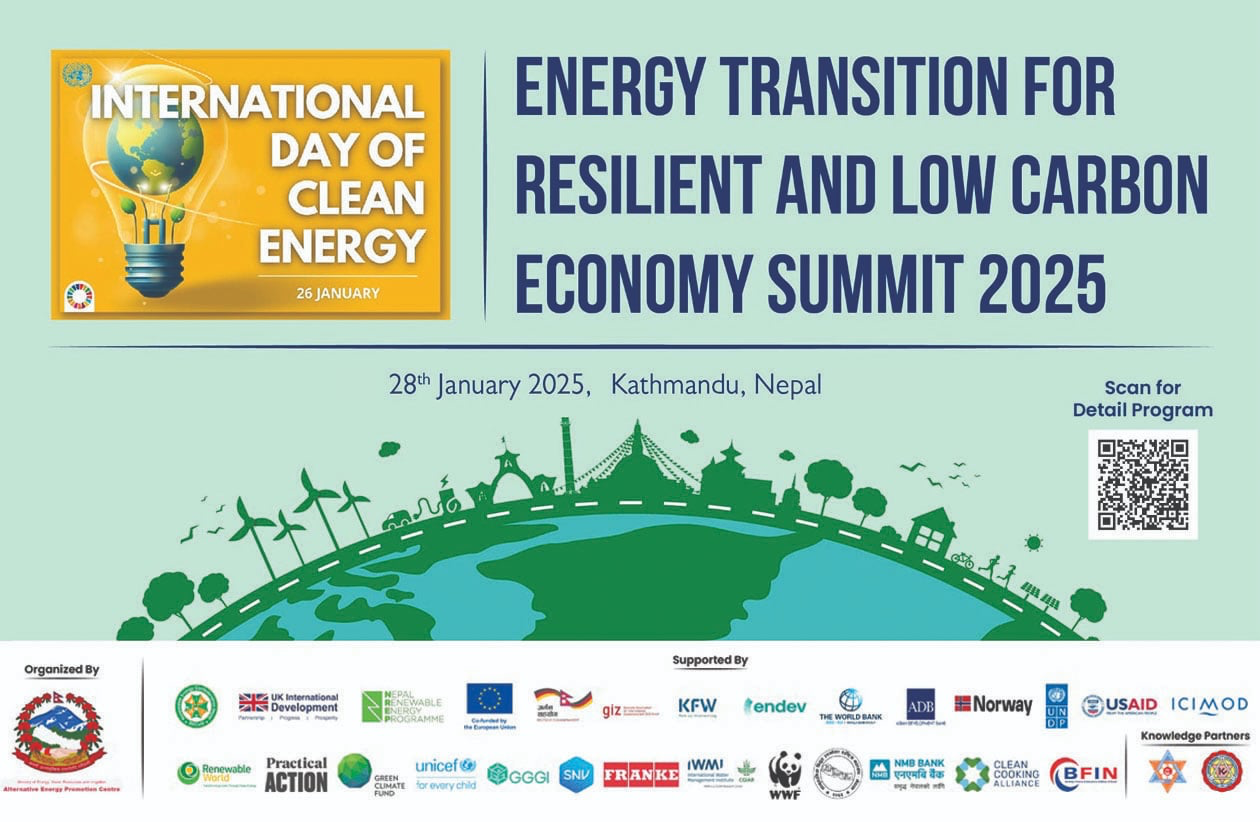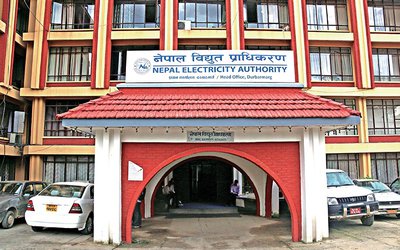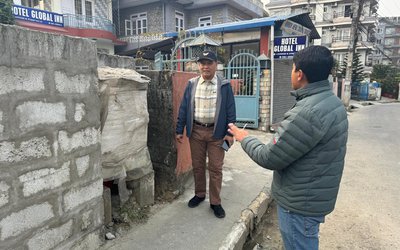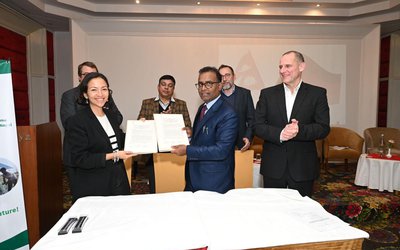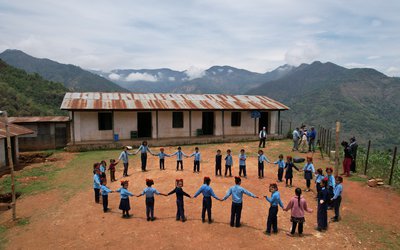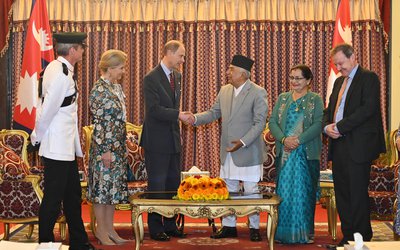
Despite several efforts to improve the conditions of women in work, desired outcomes have been elusive. Nepal is no exception in this regard, as there are still a large number of women in work facing discrimination and inequality.
President Bidya Devi Bhnadari has highlighted this aspect in her address to the World of Work Summit of the ILO’s 106th International Labour Conference.
“Societies cannot prosper under conditions of gender discrimination and inequality," said President Bhandari. “Societies cannot stand a long time on the shaky foundation of discrimination and inequality. Discrimination against women must come to an end for which we all have to put our meaningful efforts,”
Following the promulgation of new constitution, Nepal found three women leaders to run the top positions of the state. Along with Bhandari, a woman was appointed chief justice and a woman was elected speaker of Legislature Parliament.
With gender gaps remaining one of the most pressing challenges facing labour markets, the World of Work Summit, held annually at the International Labour Conference (ILC) in Geneva, dedicated this year to discussing how to shape a better future for women at work.
President Bhandari was one of three women heads of state to address the Summit as keynote speakers, highlighting actions they have taken as world leaders to advance gender equality in the world of work. She spoke alongside President of Malta Marie-Louise Coleiro Preca and President of Mauritius Ameenah Gurib-Fakim.
ILO Director-General Guy Ryder welcomed President Bhandari to the Summit, highlighting her long career in activism as a student leader, women’s rights activist and trade unionist.
Despite periods of political and economic hardship, Nepal has sought to place social justice at the heart of its development and Decent Work agenda, with advancements in the areas of combating child labour, promoting gender equality and social protection, amending labour laws and ratifying core ILO labour standards.
In December last year, Ryder paid his first official visit to Nepal since taking office. Ryder’s visit coincided with the 50th anniversary of the partnership between Nepal and the ILO.
Nepal joined the ILO in 1966 and an ILO Office was established in the country in 1994. The ILO has had an important role in the country in developing a constructive social partnership between government, employers and workers.
Nepal has ratified seven out of eight of the ILO’s core conventions. This year, ILO members elected Nepal as a deputy member of its Governing Body government group.
The Summit coincided with the publication of the ILO’s “World Employment and Social Outlook Report – Trends for Women ”, which finds that reducing gender gaps would significantly benefit women, society and the economy. Closing the gender gaps by 25 per cent by 2025 could add US$ 5.8 trillion to the global economy and boost tax revenue, the report shows.
Following the release of the ILO-Gallup report in March 2017, towards a better future for women and work: voices of women and men, confirming that women would prefer to be working at a paid job, and that work-family balance/ lack of affordable care is considered to be the main challenge to women at work across the globe, with unequal pay, unfair treatment/harassment and discrimination also being significant obstacles, particularly in certain regions, responses to these issues were highlighted by the panel.
As ILO research shows, the progress of women in the world of work, both in terms of the quantity and the quality of jobs, has been exceedingly slow and in some areas has come to a halt entirely. At the same time, a recent ILO-Gallup report, based on a survey of 142 countries and territories, shows that women want to work in paid jobs.
As the ILO centenary approaches, it is an important opportunity to examine and reflect upon the obstacles to decent work for women, and what is needed to overcome such obstacles. This reflection and call to action is essential if the transformation foreseen in the 2030 United Nations Agenda for Sustainable Development is to become a reality. Both decent work and gender equality are at the heart of the 2030 Agenda and are closely linked. Decent work for women brings decent work for all.
- NEPAL’S ENERGY SECTOR: Facing Crisis
- Jan 28, 2025
- FAST TRACK: Moving In The Right Direction
- Jan 28, 2025
- SOUTH KOREAN SPECIAL ENVOY VISITS NEPAL: Gesture Of Goodwill
- Jan 28, 2025
- AMRIT BAHADUR RAI: A Career Diplomat
- Jan 27, 2025
- US PRESIDNET DONALD TRUMP: Begins Second Tenure
- Jan 27, 2025
